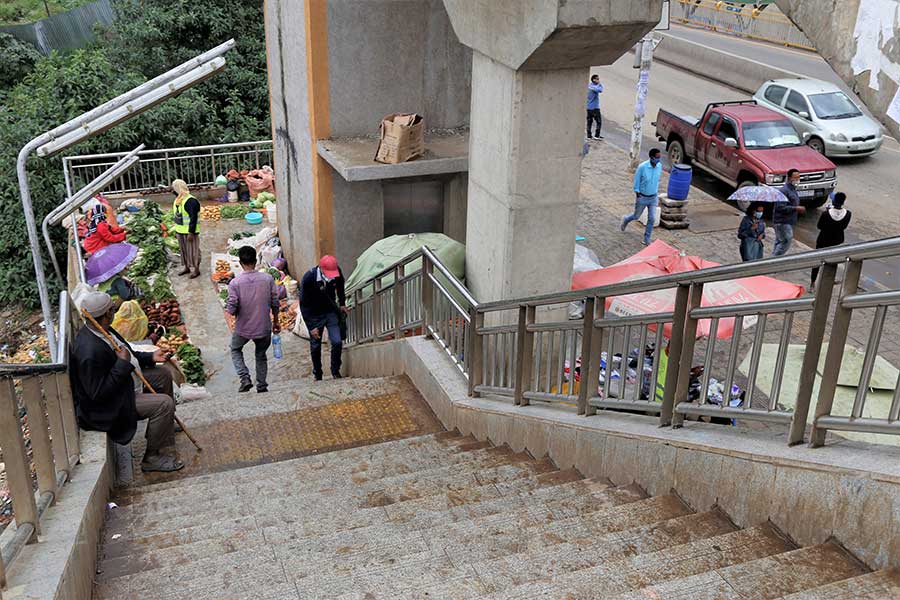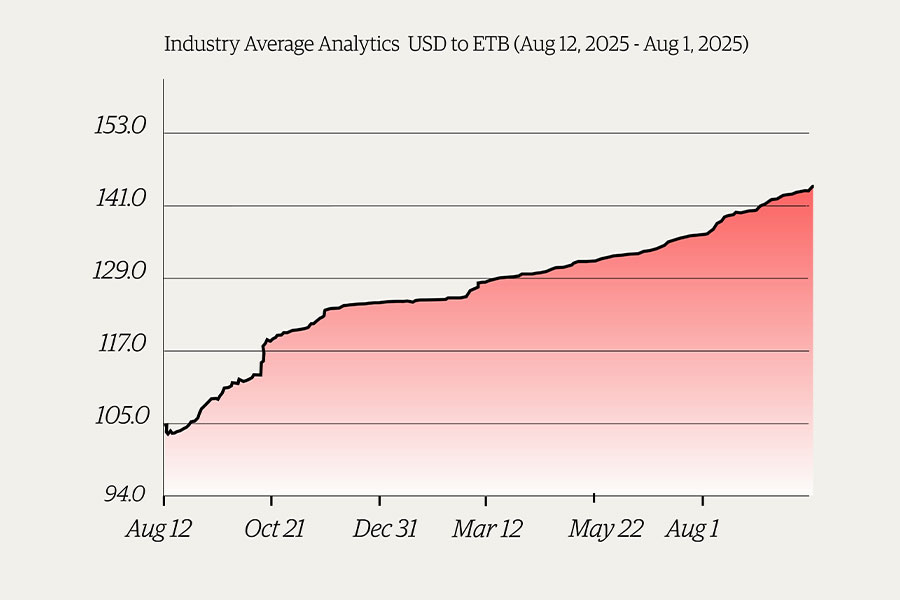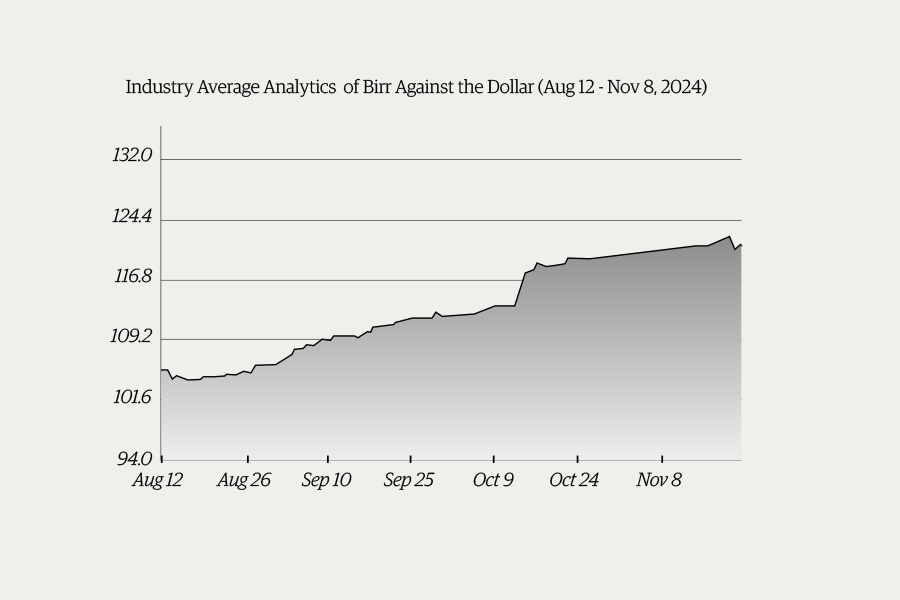
Fortune News | Jul 06,2025
Dec 5 , 2024

Federal legislators have passed a landmark real estate law imposing strict regulations on property valuations and market practices, pledging to protect buyers and bring clarity to the otherwise disressed industry.
Authored by experts at the Ministry of Urban Development & Infrastructure, the bill was approved by a majority vote, with two MPs voting against, while an MP abstained. The new legislation sets stringent requirements for real estate developers.
To qualify for a license, developers should have constructed and transferred ownership of at least 50 housing units. For those seeking public land allocations, the demands are even higher requiring developers to commit to delivering between 500 and 5,000 housing units, with a minimum of 5,000 units mandated for projects in Addis Abeba. The law also puts burden on prospective developers to complete at least 80pc of a project before transferring ownership to buyers, unless alternative arrangements are explicitly outlined in contracts.
The bill authors argued the measure is designed to prevent situations where buyers are left with unfinished properties after making financial commitments. The legislation prohibits misleading promotions and public issuances, while developers are barred from collecting funds from buyers without fulfilling their obligations, a move intended to enhance consumer protection in a market where regulatory oversight has been historically limited.
The proclamation also introduces a standardised property valuation system to address price fluctuations and inconsistencies in the real estate market. The system will provide uniform valuations for fixed assets, facilitating processes such as tax assessments, bank loan approvals, legal dispute resolutions, and rental agreements.
Supporters of the new law argue that it will enhance transparency and accountability in the real estate sector, encouraging investment and ensuring that developers deliver on their promises. Critics, however, express concern that the stringent requirements could stifle small and medium-sized developers, potentially slowing the pace of housing development.
The law comes at a critical time for Ethiopia, which faces a housing shortage. According to a report by the Centre for Affordable Housing Finance in Africa, it needs to construct approximately 486,000 housing units annually to meet growing demand fueled by population growth and urbanisation.

Fortune News | Jul 06,2025

Radar | Jun 20,2020

Fortune News | Jan 07,2024

Fortune News | Nov 09,2024

Money Market Watch | Oct 12,2025

Radar | Jul 01,2023

Money Market Watch | Nov 24,2024

Radar | Aug 12,2023

Radar | Mar 27,2021

Fortune News | Dec 19,2018

Photo Gallery | 173667 Views | May 06,2019

Photo Gallery | 163886 Views | Apr 26,2019

Photo Gallery | 153909 Views | Oct 06,2021

My Opinion | 136547 Views | Aug 14,2021

Oct 11 , 2025
Ladislas Farago, a roving Associated Press (AP) correspondent, arrived in Ethiopia in...

Oct 4 , 2025
Eyob Tekalegn (PhD) had been in the Governor's chair for only weeks when, on Septembe...

Sep 27 , 2025
Four years into an experiment with “shock therapy” in education, the national moo...

Sep 20 , 2025
Getachew Reda's return to the national stage was always going to stir attention. Once...